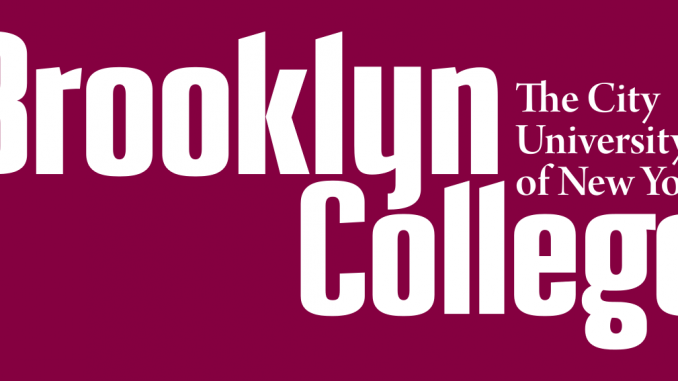
St. John’s University graduate students are invited to submit abstract to the following conference:
THE PARADOX OF THE OTHER: DIFFICULTIES IN CLASSIFICATION
Eleventh Annual Brooklyn College Graduate English Conference
Saturday, May 5, 2018
“If one could possess, grasp, and know the other, it would not be other,” wrote Emmanuel Levinas. The paradox Levinas identifies is at the heart of this conference’s concerns. Despite our definitions – the unknown, the demonic, and the withdrawn, for example – the “other,” by definition, must elude our grasp. Given this un-givenness, why do scholars continue to pursue questions of otherness? What is it about otherness that provokes or induces scholarly interest?
This conference seeks to examine the definition of “other” by investigating both the need to classify and the need to resist classification. Otherness is not reducible simply to established concepts of gender, race, sexuality, etc. Instead, the way we classify otherness is constantly shifting. Why, then, do these needs to classify and resist classification exist simultaneously? Does the illustration of “otherness” in literature, politics, and popular culture reify otherness as natural, as a given? Does it allow otherness to flourish, diminishing the coercive force of normativity? Or does it produce a new concept of normativity, thereby creating another other, so to speak? By shifting and/or redefining power structures, are we solving otherness, or are we perpetuating it under a new, undefined classification? In this interdisciplinary conference,we encourage presenters to expand on the difficulties found in otherness discourses.
We invite discussions from scholars specializing in any time period, genre, and theoretical approach. Possible paper topics include, but are not limited to:
- The digital other
- Ecological others
- Mystical/religious others
- Political and cultural others
- Otherness in sex and gender
- National identities
Some additional questions to consider:
- How does artificial intelligence and big data affect contemporary “other” discourse?
- How have identity politics changed whom is subject to othering? Are there any others left to other?
- Does academic engagement with these discourses work for the good, or is engagement divisive?
Please submit abstracts of no more than 300 words to bcgradconference@gmail.com by March 1, 2018.

Leave a Reply